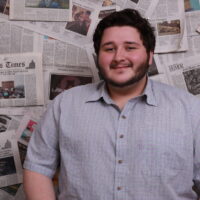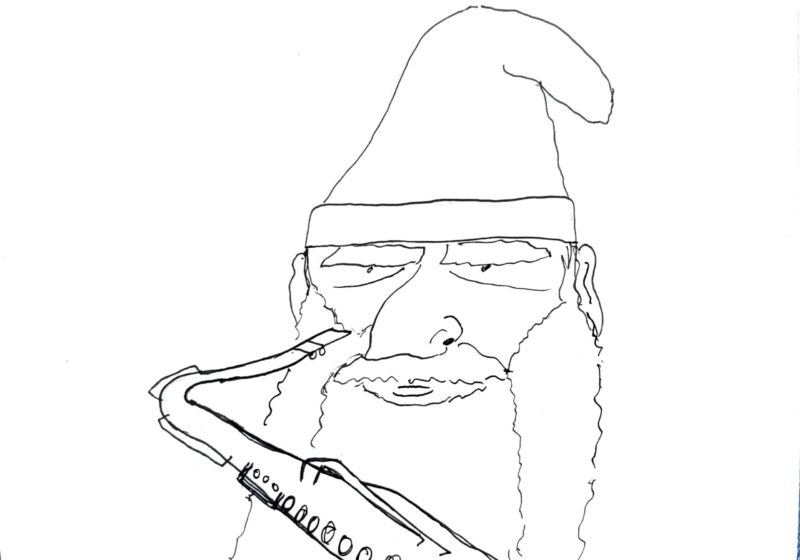You may not be aware of this, but there’s a perfect storm of journalism courses being offered this spring, and you should try and take one (or a couple) of them.
Normally, journalism here is in a weird limbo zone between Actual Thing and Total Afterthought. The University will offer one or two journalism courses at a time and screw passionate students out of the ability to direct all of their focus in a given semester towards their craft.
But things are different this registration period. Literally every great journalism class aside from ENGL 131: Reporting and Writing the News is being offered. If you’re interested in journalism as a career, I highly recommend you pounce on the opportunity to have a schedule packed with courses that will allow you to be reporting full time. Switching gears between class topics can be a time and energy drain, and having a schedule full of reporting courses will give you a slight whiff of what it will be like to have your brain tapped into story gathering, producing, and writing full-time.
And even if you’re not intent on journalism as a career path, I still recommend taking a journalism course. Whatever career path you head down, you’ll (hopefully) be keeping up with the news, and the only way to gain a serious ability to critically read the news and consider sources of information is by learning the craft behind how articles are produced.
Whichever camp you fall into, I cannot overstate how much I recommend you take ENGL 283-2: The Future of Community Journalism. This course will teach you a lot of practical knowledge on how to pull a story together, but, more importantly, it will teach you about the systemic issues that plague local newsrooms and, in turn, local communities. This course will give you more perspective on the role and future of the media than any other offered here. It will make you a better journalist, it will make you a more conscientious citizen, it may get you published bylines, and you will not regret taking it.
I also highly recommend registering for ENGL 132: Feature Writing, a class where you learn how to develop well-reported feature stories composed of beautiful narrative. One thing I loved about this class, taught by the Democrat and Chronicle’s former Features Editor and current Storytelling Coach Mark Liu, is how it taught me that the best, most beautifully written nonfiction and fiction stories can be virtually indistinguishable if the nonfiction writer is willing to approach interviewing with care and develop trust with subjects. If you’re already in journalism, this course will push you to make those facts you cling onto beautiful, something I still struggle with.
As for ENGL 283-1: Longform Narratives: Rochester Stories, I’ve never taken it. However, it’s taught by Dr. Jim Memmott (also of D&C fame). I’ve only met him once, and he was very nice, and I’ve literally never heard a negative word spoken about him. I would absolutely bet that this class will be well worth your time. That’s why I’m taking it in the spring.
If you are further along down your journalism path, you may want to take ENGL 281: Advanced Feature Writing with Professor Melissa Balmain. Feature Writing is, obviously, a prerequisite for this class, and testimony from others has led me to have high expectations. The course extends the lessons you learn in Feature Writing by paying more specific attention to the craft behind particular types and topics of feature stories. This is another one that I will be taking.
So, again, I just hope you consider dipping a toe into journalism, whether you’re interested in the career or not. The classes are fun, and they will help you understand the messiness of the world around you.



